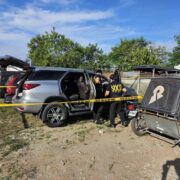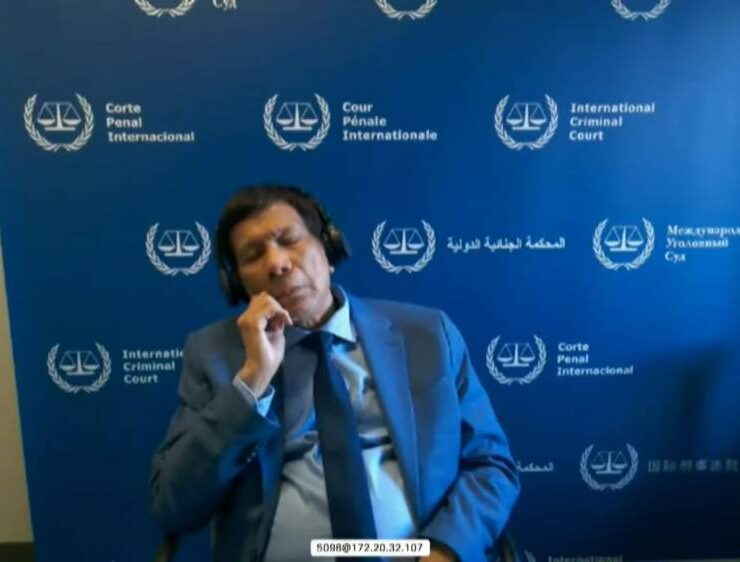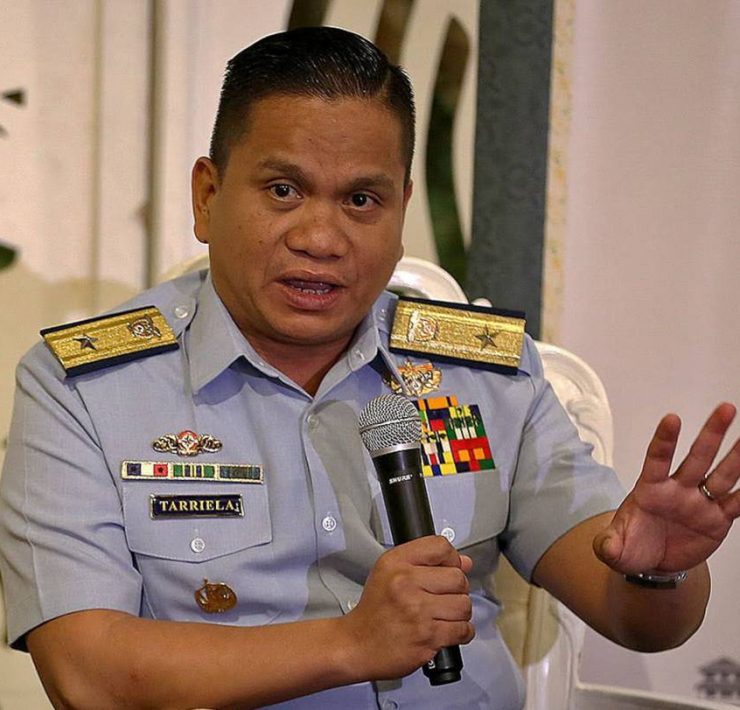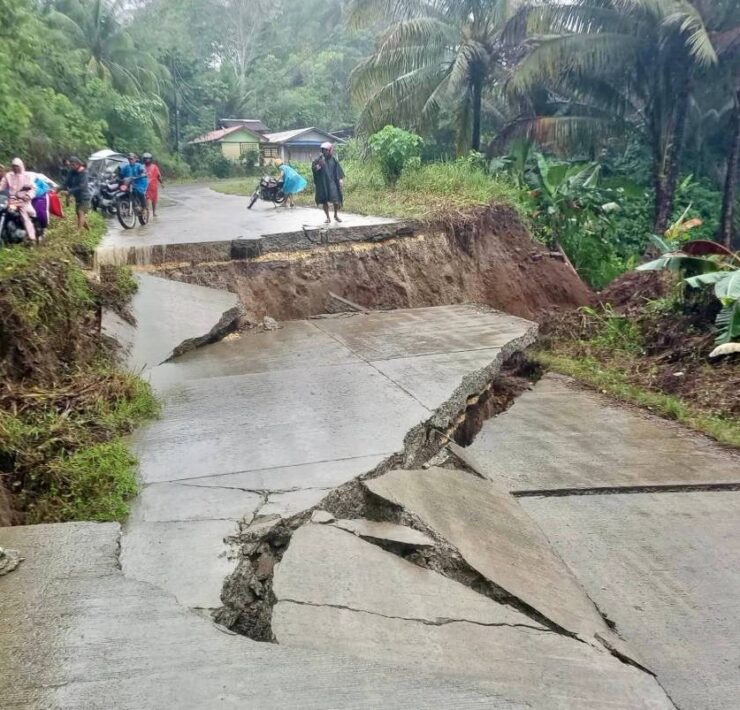WHO calls for funds for quake-hit Myanmar
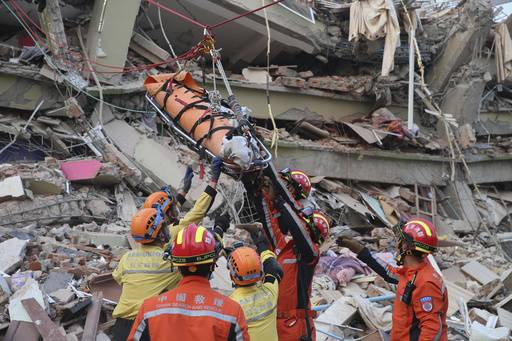
Calling the March 28 earthquake that struck Myanmar and Thailand a top-level emergency, the World Health Organization (WHO) on Monday issued an urgent appeal for funds to boost relief efforts within a critical period of 30 days.
In a “flash appeal” posted on its website, WHO said it “is responding at its highest level of emergency activation” to the humanitarian crisis in Myanmar following the magnitude 7.7 quake that has killed 1,700 people as of Monday’s tally. (See related story in World, Page A8.)
According to the agency, it needs as much as $8 million (P459 million) in relief funds for trauma and surgical care ($2.5 million); maintaining essential health services ($2 million); disease surveillance and outbreak response ($1.5 million); operational support and logistics ($1.5 million); and coordination and emergency medical teams or EMTs ($500,000).
“Without immediate funding, lives will be lost and fragile health systems will falter,” WHO said, as it called on donors “to act now—your support is vital to protect health, prevent outbreaks, and ensure access to care for those hit hardest by the crisis.”
WHO said it had already released $5 million from its contingency fund.
Within 24 hours of the disaster, it also dispatched nearly 3 tons of trauma kits, medical supplies and multipurpose tents from its emergency stockpile in Yangon, the former Burmese capital, to hospitals in the present capital of Naypyidaw some 367 kilometers north of Yangon and the critically hit city of Mandalay about 320 km further up north.
About 20 EMTs across the world, including the Philippines, have expressed readiness to assist in Myanmar, with additional critical medical supplies ready for dispatch from WHO’s logistics hub in Dubai.
PH deployment
On Monday, the National Disaster Risk Reduction and Management Council said a group of 90 personnel headed by Lt. Col. Erwin Diploma of the Philippine Air Force would leave on Tuesday for Myanmar from Villamor Air Base using two C-130 aircraft.
The Department of Health is also due to send 32 personnel for emergency medical assistance while the Office of Civil Defense (OCD) will send three of its staff for communications and logistics.
According to the OCD, the Myanmar government has requested urgent assistance including emergency search and rescue teams with K9 or SAR (search and rescue) dogs, medical assistance teams, medicines, medical equipment, emergency first aid kits, mobile generators, water sanitation kits, solar-powered lights and temporary shelters such as tents and tarpaulin sheets.
Meanwhile, Senate President Francis Escudero said the Philippine embassies in Yangon and Bangkok should stay on top of the situation in their respective areas.
“[W]e must have a full accounting of the Filipinos who may have been affected by the earthquake and extend every possible assistance as necessary, including psychosocial support for the survivors,” he said.
At least four Filipinos based in Myanmar had been reported missing after the earthquake struck.
Poor infra, insurgency
According to the WHO, the earthquakes worsened the already dire humanitarian situation in Myanmar, marked by widespread displacement due to a civil war, fragile health systems and ongoing disease outbreaks, including cholera and diarrhea.
“Trauma-related injuries—including fractures, open wounds and crush syndrome—are at high risk of infection and complications due to limited surgical capacity and inadequate infection prevention and control,” the agency said.
Compounding the situation in Myanmar are damaged roads and infrastructure, as reported by the United Nations Office for the Coordination of Humanitarian Affairs, and the military’s anti-insurgency operations which have continued even in the aftermath of the earthquake, according to the rebel group Karen National Union.
Among the immediate needs of responders in Myanmar are trauma and surgical care, blood transfusion supplies, anesthetics and essential medicines.
Disease surveillance, including hygiene and waste management, must be strengthened to prevent further outbreaks and the spread of other communicable diseases, WHO said.
Besides emergency interventions, the continuity of essential services, such as immunization and maternal and child health, is also critical over the coming 30 days, it added. —WITH REPORTS FROM FRANCES MANGOSING, TINA G. SANTOS AND REUTERS













